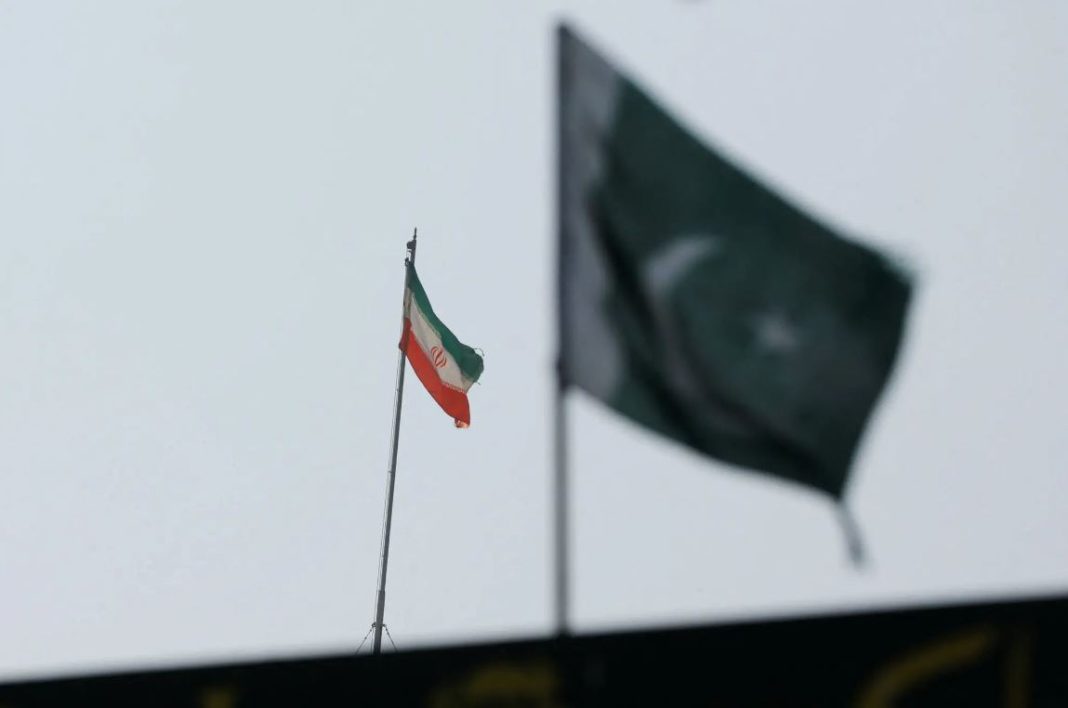Iran carried out a missile and drone attack on what it called “terrorist” targets in Pakistan on Tuesday night, with Pakistan in turn striking “militant targets” inside Iran on Thursday.
Pakistan recalled its ambassador from Tehran and said Iran’s envoy — on a visit home — was blocked from returning to Islamabad.
But after speaking by phone, Pakistan’s Foreign Minister Jalil Abbas Jilani and his Iranian counterpart Hossein Amirabdollahian agreed “close coordination on counter terrorism and other aspects of mutual concern should be strengthened”.
“They also agreed to de-escalate the situation,” according to a summary of the conversation released by Islamabad’s foreign ministry.
After the call, Amirabdollahian stated in a statement “the cooperation of the two countries to neutralise and destroy terrorist camps in Pakistan is essential”.
Later, Seyed Rasoul Mousavi, a senior Iranian diplomat, said “leaders and high officials of both countries know that only terrorists and enemies of both countries benefit from the existing tension between the two neighboring countries”.
Responding to Mousavi on X, Pakistan’s Additional Foreign Secretary for Afghanistan and West Asia Rahim Hayat Qureshi said both countries should move forward and resolve all issues through positive dialogue.
“I reciprocate your sentiments dear brother (Seyed Rasoul Mousavi) & have fraternal relations & shall move forward to resolve all issues through positive dialogue. It is important to restore trust & confidence that has always defined our bilaterals (bilateral relations). Our common challenges incl terrorism require coordinating action,” he wrote.
Pakistani Foreign Ministry spokesperson Mumtaz Baloch also welcomed the diplomats’ discussion on social media as “positive exchanges”.
On Friday, Pakistan’s Caretaker Prime Minister Anwaar-ul-Haq Kakar convened a meeting of the National Security Committee, with all military services chiefs in attendance, to discuss the current crisis.
Kakar had cut short a visit to the World Economic Forum in Davos, Switzerland, and flew home after the attacks on Thursday.
Friday’s national security review concluded that “the two countries would mutually be able to overcome minor irritants through dialogue and diplomacy and pave the way to further deepen their historic relations”, according to a statement from the prime minister’s office.
However, it also resolved that any attempts to breach the territory of Pakistan “will be responded with full might of the state”.
It urged Iran to use existing communication channels to address security concerns.
Kakar also told a cabinet meeting following the security huddle that it was in the “interest of both countries” to return to relations as they stood before Iran’s strikes, another statement said.
